Unveiling Skincare Myths: Separating Fact from Fiction
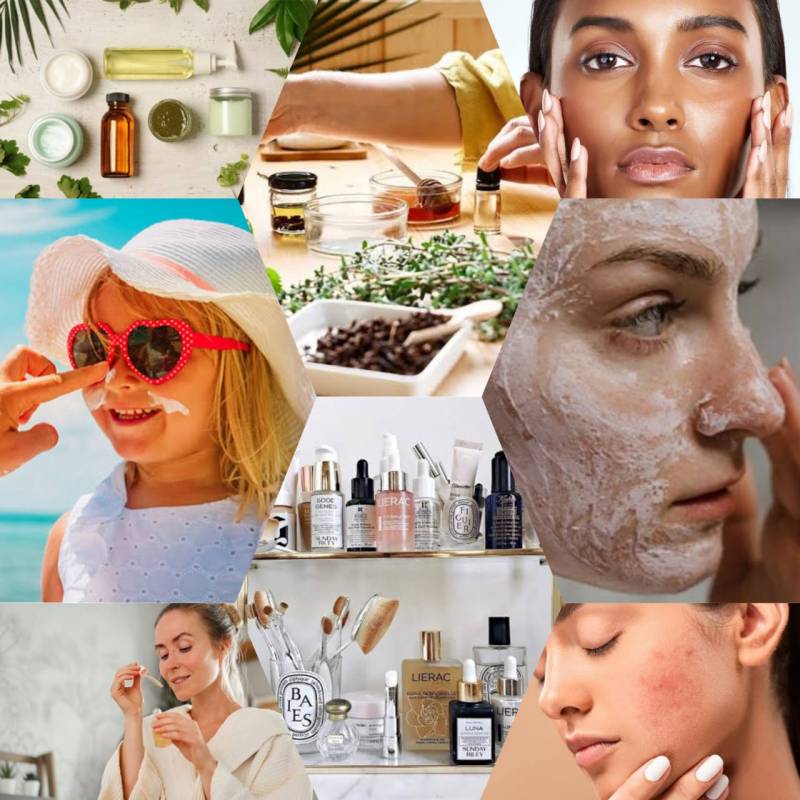
In the world of skincare, there's a ton of confusing info. Let's dig into these myths and find out what's real and what's not, using easy examples to make things clear.
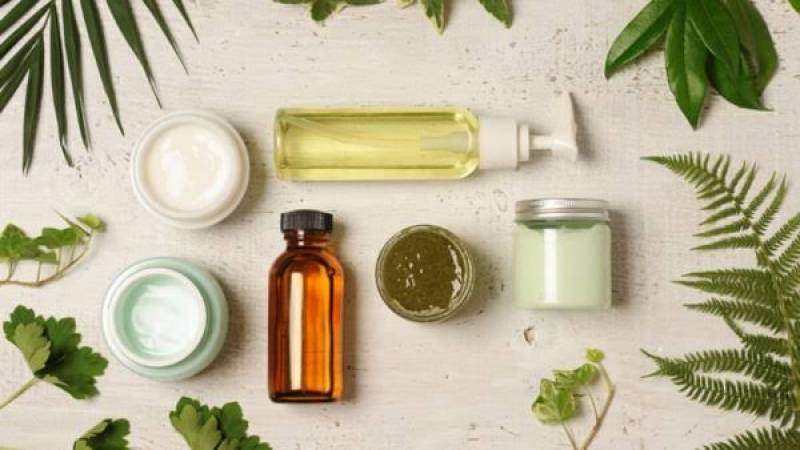
Myth #1: More Products = Better Skin
Some think using lots of skincare products will give perfect skin. For instance, they might pile on cleansers, toners, serums, and creams all at once. But this can be like mixing too many flavors in a dish – it gets messy! Instead, it's better to keep it simple. Just like a plant needs water and sunlight, our skin needs the basics – a gentle cleanser, moisturizer, and maybe a treatment if needed.
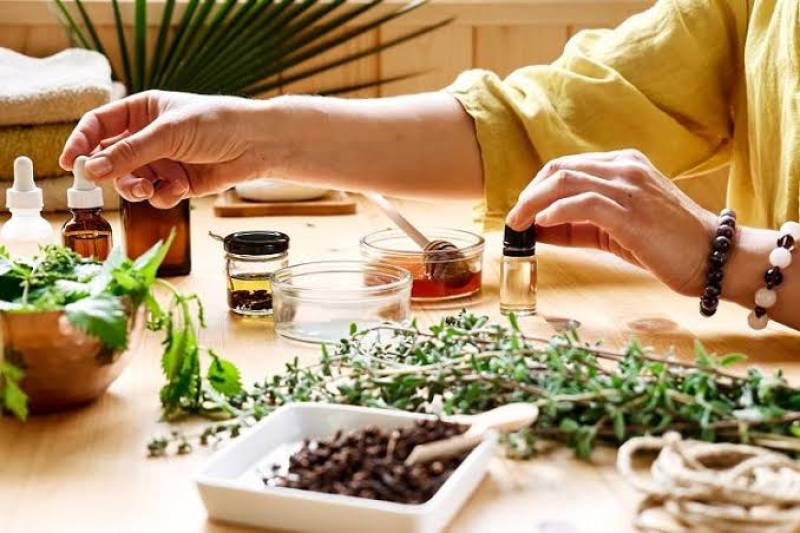
Myth #2: Natural Is Always Safe
We often hear that natural is better for our skin. But not all natural things are safe. For instance, poison ivy is natural but definitely not good for your skin! On the other hand, just because something's made in a lab doesn't mean it's bad. Sometimes, lab-made things can be helpful. For example, aloe vera is natural and great for soothing skin, but so is hyaluronic acid, a lab-made ingredient that hydrates skin amazingly well.
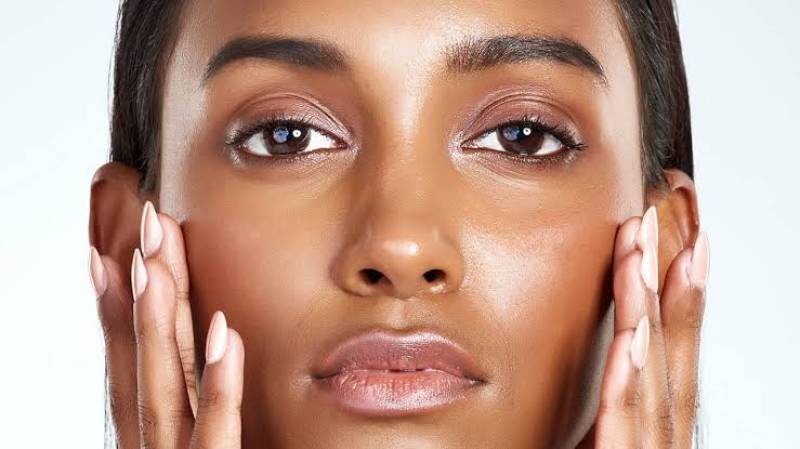
Myth #3: Oily Skin Doesn't Need Moisturizer
Some with oily skin skip moisturizer, thinking it'll make things worse. Imagine this: your skin's like a garden. Even if it rains a lot, you still need to water the plants. Oily skin needs hydration too! Instead of a heavy cream, a light, oil-free moisturizer can keep the skin balanced without making it greasy.
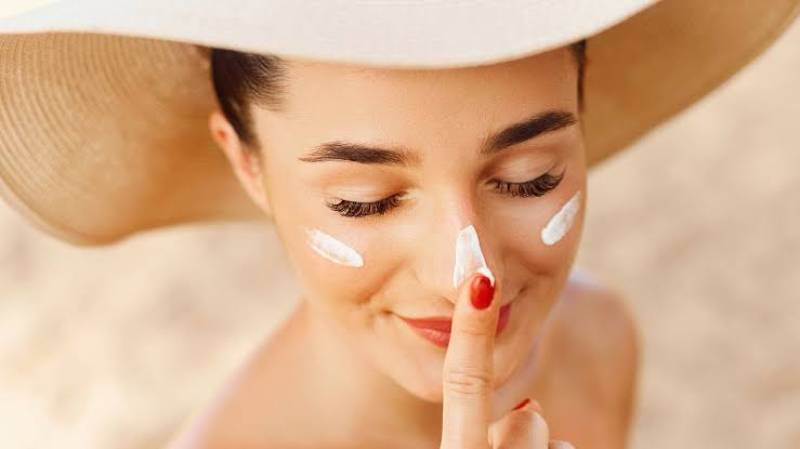
Myth #4: Sunscreen Only on Sunny Days
People often think sunscreen's only for sunny days. But that's like thinking an umbrella's useless on cloudy days. UV rays can still harm our skin even when it's cloudy. So, just like wearing a seatbelt every time we drive, it's smart to wear sunscreen every day, rain or shine.
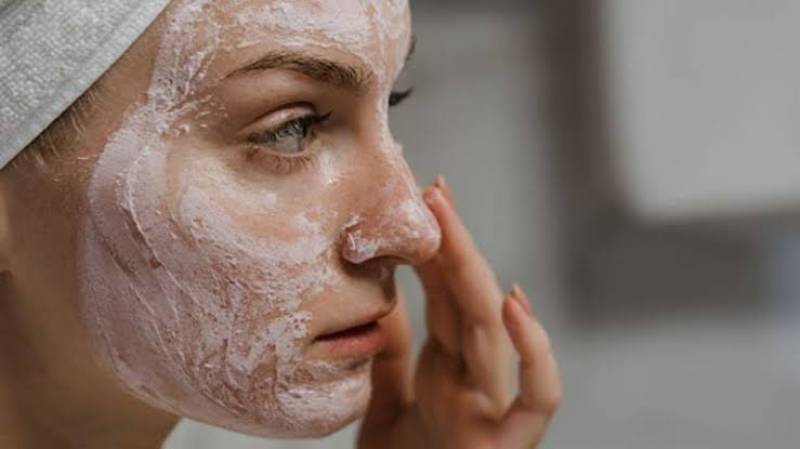
Myth #5: Scrubbing Makes Skin Better
Many believe scrubbing hard makes their skin glow. But that's like polishing a table too much – it damages the surface! Gentle exfoliation is good to remove dead skin, but too much can irritate your skin. Like brushing your teeth – do it gently, not aggressively.
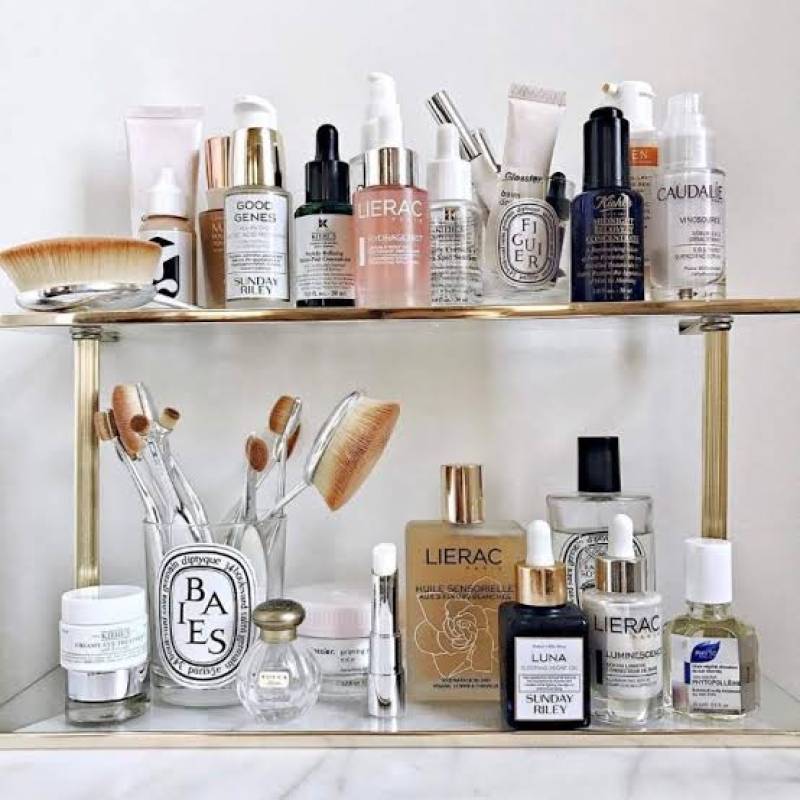
Myth #6: Expensive Products are Always Better
Some believe splurging on pricey skincare products guarantees better results. However, just like buying an expensive gadget doesn’t always mean it's the best, sometimes affordable products work wonders. Think of it this way: a high-end car might look flashy, but a mid-range one can still get you where you need to go – similarly, affordable skincare products can do wonders for your skin without breaking the bank.
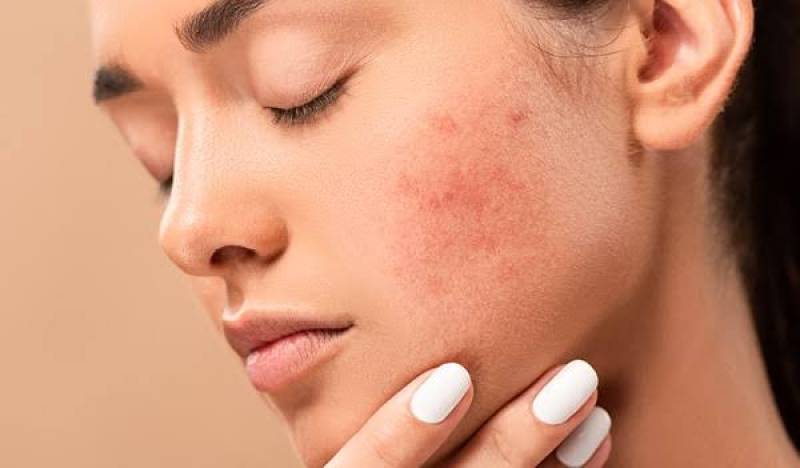
Myth #7: Acne Means Dirty Skin
One common myth is that acne is caused by dirty skin. But it's like blaming the rain for a leaky roof! Acne's more about what's happening inside your skin than on the surface. Cleansing is good, but over-cleansing or scrubbing too hard can actually make acne worse.
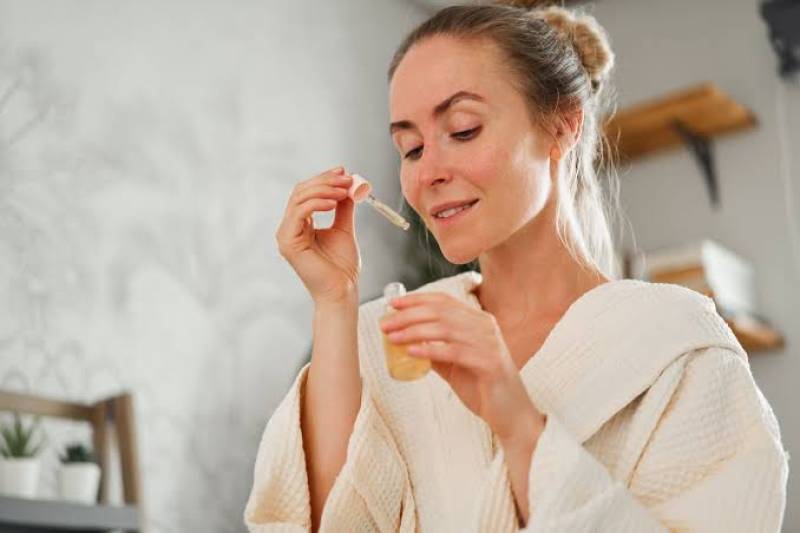
Myth #8: Natural Oils Are Bad for Your Skin
Some fear using oils on the face, thinking they'll make skin greasy and cause breakouts. But here's the scoop: just like cooking oils, not all face oils are the same. For example, jojoba oil can balance oily skin, and rosehip oil can fade scars. These oils can be like the secret ingredients that make a dish amazing!
Myth #9: Aging Skin Can't Improve
There's a myth that once skin starts aging, there's no turning back the clock. But just like exercising keeps our body fit, using the right skincare can help keep our skin healthy and youthful-looking. Ingredients like retinoids and antioxidants can work like a good workout routine for our skin.
Myth #10: Men Don't Need Skincare
Some guys think skincare is just for the ladies. But skincare doesn’t discriminate! It's like saying exercise is only for certain people. Everyone can benefit from taking care of their skin. Simple routines like washing your face and using sunscreen can go a long way in keeping your skin healthy.
So, there you have it! Ten common skincare myths busted with everyday examples. Understanding these myths helps us take better care of our skin. It's all about finding what works best and embracing skincare routines that suit our unique skin needs.
